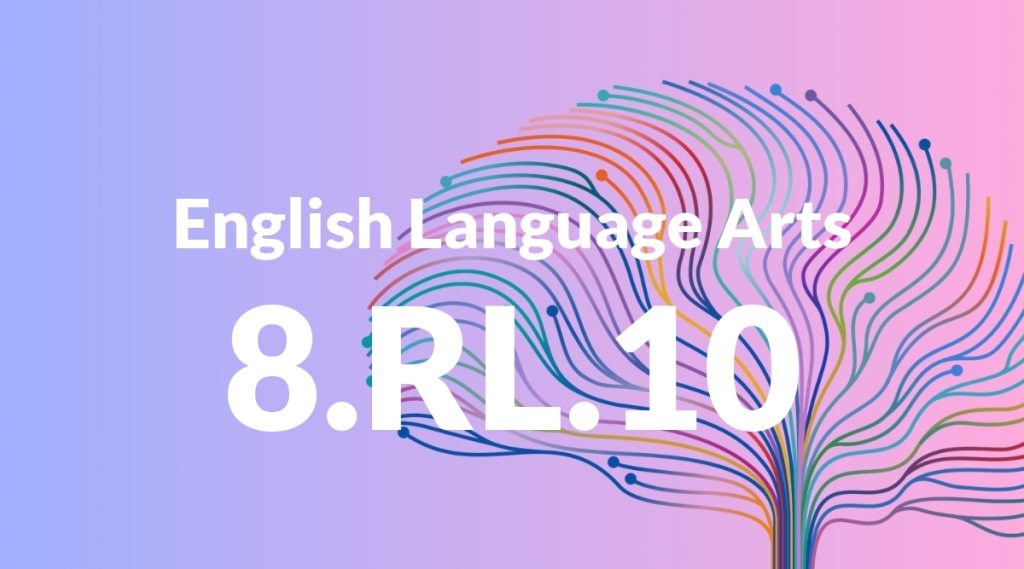Standard: 8.RL.10 – By the end of the year, read and comprehend literature, including stories, dramas, and poems, at the high end of grades 6-8 text complexity band independently and proficiently.
Grade level: Grade 8
Subject: English Language Arts
Domain: Reading: Literature
Teacher Overview
This standard emphasizes the importance of reading and comprehending complex literature independently and proficiently. It is crucial for students to engage with a variety of texts to develop their analytical and critical thinking skills, which are essential for success in high school and beyond. Students should be familiar with basic literary elements and have experience reading and analyzing texts at the lower end of the grades 6-8 text complexity band.
After mastering this standard, students will be able to analyze and evaluate more complex literary texts, develop critical thinking skills, and prepare for high school-level literature courses.
Common Misconception 1
A common misconception is that reading literature is just about understanding the plot. This is incorrect because literature analysis involves exploring deeper themes, character motivations, and the author’s purpose.
Intervention 1
Use guided questions and discussions to encourage students to delve deeper into the text, exploring themes, character motivations, and the author’s purpose.
Common Misconception 2
Another misconception is that all interpretations of a text are equally valid. This is not true because some interpretations are more supported by textual evidence than others.
Intervention 2
Teach students how to support their interpretations with textual evidence and guide them in understanding the importance of evidence-based analysis.
Prerequisite Knowledge
Students should have a solid understanding of basic literary elements such as plot, character, setting, and theme, as well as experience reading and analyzing texts at the lower end of the grades 6-8 text complexity band.
Subsequent Knowledge
Students will be able to analyze and evaluate more complex literary texts, develop critical thinking skills, and prepare for high school-level literature courses.
Instructional Activities
- Group discussions on complex texts
- Literature circles
- Writing analytical essays
- Creating visual representations of themes and characters
- Dramatic readings and performances




